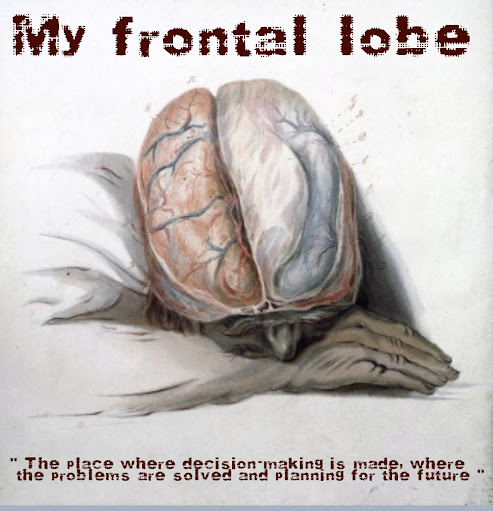What is Prader Willi Sydrome (PWS) ?
Prader-Willi syndrome (PWS) is a disorder caused by a deletion or disruption of genes in the proximal arm of chromosome 15 or by maternal disomy in the proximal arm of chromosome 15.

How common is Prader-Willi syndrome?
Prader-Willi syndrome affects an estimated 1 in 10,000 to 30,000 people worldwide.
What are the clinical features of PWS?
We can differentiate the features into 2 categories;
During infant:
- Floppy with poor muscle tones
- Trouble sucking
- Poor growth
- Delayed development

Later stage:
- Short stature
- Poor motor skills
- Weight gain ( obesity )
- Underdeveloped sex organs (hypogonadotropic hypogonadism ).Most affected individuals are unable to have children (infertile).
- Mild mental retardation and learning disabilities
- Strabismus
- Small hands and feet
- Behavioral problems are common, including temper tantrums, stubbornness, and compulsive behavior
- Many affected individuals also have sleep abnormalities

What are the genetic changes related to Prader-Willi syndrome?
Prader-Willi syndrome is caused by the loss of genes in a specific region of chromosome 15. People normally inherit one copy of this chromosome from each parent. Some genes are turned on (active) only on the copy that is inherited from a person's father (the paternal copy). This parent-specific gene activation is caused by a phenomenon called genomic imprinting. Prader-Willi syndrome occurs when the region of the paternal chromosome 15 containing these genes is missing.
Researchers are working to identify genes on chromosome 15 that are responsible for the characteristic features of Prader-Willi syndrome. They have determined that a deletion of the OCA2 gene on chromosome 15 is associated with unusually fair skin and light-colored hair in some affected individuals. The protein produced from this gene helps determine the coloring (pigmentation) of the skin, hair, and eyes. Researchers have not definitively connected any other genes with specific signs and symptoms of Prader-Willi syndrome.
Most cases of Prader-Willi syndrome (about 70 percent) occur when a segment of the paternal chromosome 15 is deleted in each cell. In another 25 percent of cases, a person with Prader-Willi syndrome has two copies of chromosome 15 inherited from his or her mother (maternal copies) instead of one copy from each parent. This phenomenon is called maternal uniparental disomy. Rarely, Prader-Willi syndrome can also be caused by a chromosomal rearrangement called a translocation, or by a mutation or other defect that abnormally turns off (inactivates) genes on the paternal chromosome 15. Each of these genetic changes results in a loss of gene function in a critical region of chromosome 15.
Can Prader-Willi syndrome be inherited?
Most cases of Prader-Willi syndrome are not inherited.
What is treatment for the PWS?
There is no cure for PWS. Growth hormone and exercise can help build muscle mass and control weight.


No comments:
Post a Comment